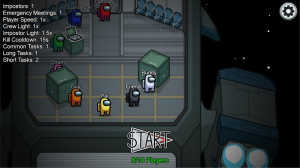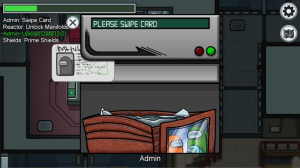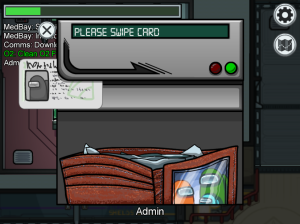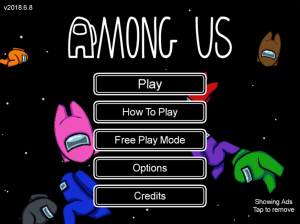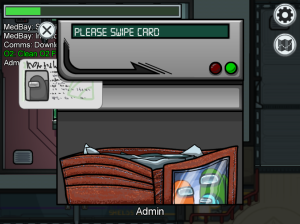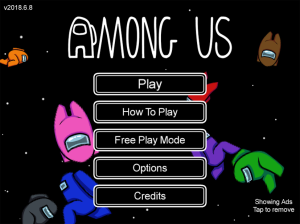In the universe of multiplayer games, a sleeper hit, Among Us, skyrocketed to overwhelming popularity during the global pandemic. Developed by InnerSloth, the game has nestled in relative obscurity since its release in 2018 before taking the world by storm in 2020. With its simple graphics and compelling gameplay, Among Us pits players against e...
Among Us
In the universe of multiplayer games, a sleeper hit, Among Us, skyrocketed to overwhelming popularity during the global pandemic. Developed by InnerSloth, the game has nestled in relative obscurity since its release in 2018 before taking the world by storm in 2020.
With its simple graphics and compelling gameplay, Among Us pits players against each other as crewmates and impostors aboard a spaceship. The innocent crewmembers work to complete tasks while the devious impostor schemes to eliminate them without raising suspicion. The charm of the game lies in its social deduction mechanics, fostering communication, teamwork, and a fair share of deception.
Stumbling in Zero Gravity: The Weak Sides of Among Us
However, even a remarkable game like Among Us isn’t without its snags. One of the notable challenges is the game’s reliance on honesty among players. The integrity of the gaming experience is contingent on players not disclosing their roles outside the game or prematurely revealing important information while dead.
Another aspect that draws criticism is the game’s lack of diversity in tasks and repetitive gameplay. Unless players keep the discussions fascinating, games can become rather monotonous.
Additionally, the game requires robust communication for strategy, which the minimal text-based system does not adequately cater to. In heated discussions, quick, precise dialogue is crucial, and the current communication system falls short in these situations.
Cosmic Receptions: Users' Impressions of Among Us
Despite these limitations, user reviews for Among Us are overwhelmingly positive. Players express a high level of satisfaction with the engaging gameplay mechanics that support teamwork, strategy, and deceit. The game’s simple premise, supplemented by peer interplay, keeps players returning for ‘just one more game’.
On the flip side, criticism revolves around the potential for repetitive gameplay and limitations concerning the text-based communication system. Players remark on games losing their thrill if participants do not engage fully and maintain secrecy about their roles.
In essence, Among Us presents an engaging package of intrigue and strategy, enabling it to capture millions of players' attention worldwide. While constrained by its repetitive gameplay cycle, minimalistic communication system, and dependence on the player's honesty, the overall gaming experience remains fascinating. A quirky combination of social deduction, calculated deception, and unassuming tasks, Among Us, spins an enticing web of interstellar intrigue that keeps players gripped.
- Stimulates strategic thinking and teamwork
- Simple and accessible controls
- Social deduction mechanics spice every round
- Excellent for social gatherings or virtual bonding.
- The gameplay could get repetitive
- Text-based communication lacks efficiency
- The need for player honesty could affect the gameplay experience
